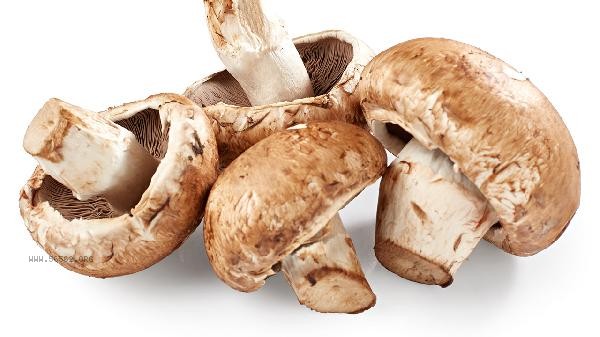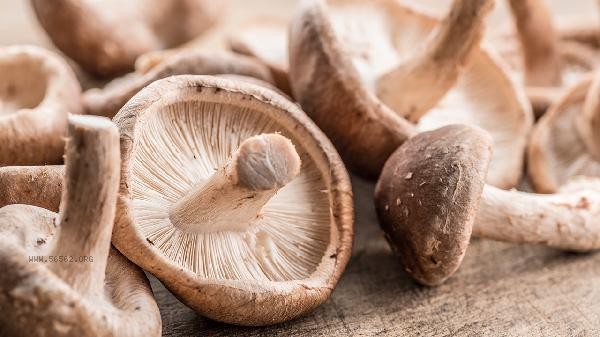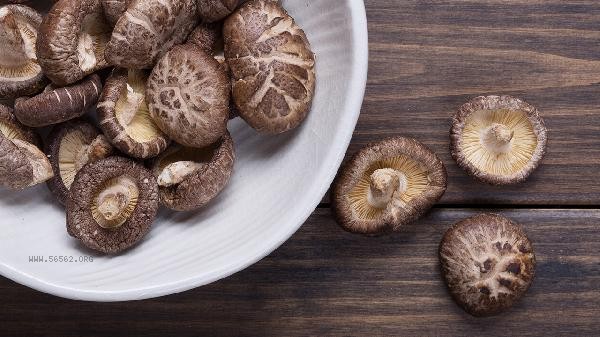Mushrooms are rich in protein, dietary fiber, vitamin D, B vitamins, and various minerals. The nutritional components of shiitake mushrooms mainly include high-quality protein, polysaccharides, trace elements such as potassium, phosphorus, iron, and zinc.

1. High quality protein
Mushrooms contain a high proportion of high-quality protein, and their amino acid composition is close to the human body's needs, especially rich in umami amino acids such as glutamic acid. The protein content of dried shiitake mushrooms can reach about 20%, making it a good source of plant-based protein for vegetarians. Mushroom protein is easy to digest and absorb, which is helpful in enhancing physical fitness.
2. Dietary Fiber
Mushrooms contain abundant soluble and insoluble dietary fiber, with approximately 3-4 grams of dietary fiber per 100 grams of fresh mushrooms. These dietary fibers can promote intestinal peristalsis, improve digestive function, and help maintain the balance of gut microbiota. Mushroom polysaccharides also have a special function of regulating immune function.
3. Vitamin D
Mushrooms are one of the few plant-based foods that contain vitamin D, especially mushrooms that have been sun dried have significantly increased vitamin D content. Vitamin D helps with calcium absorption and is very important for bone health. Regular consumption of shiitake mushrooms can help supplement vitamin D that may be lacking in daily diet.

4. B vitamins
Shiitake mushrooms are rich in various B vitamins, including vitamin B1, B2, niacin, etc. These vitamins are involved in energy metabolism and maintain normal nervous system function. The vitamin B2 content in shiitake mushrooms is particularly prominent, which helps maintain skin and mucosal health and prevent vitamin deficiency symptoms such as angular inflammation.
5. Minerals
Mushrooms contain various minerals such as potassium, phosphorus, iron, and zinc. The potassium content is relatively high, which helps regulate blood pressure; Iron is helpful in preventing anemia; Zinc is important for the immune system and taste function. These minerals in shiitake mushrooms exist in organic form and have a high bioavailability. Shiitake mushrooms are a low calorie, high nutrient ingredient that is recommended to be consumed 2-3 times a week. Various cooking methods such as stewing and stir frying can be used. Dried shiitake mushrooms should be soaked thoroughly before use, while fresh shiitake mushrooms should be selected from high-quality products with intact mushroom caps and a fragrant aroma. People who are allergic to fungi should consume with caution, and those with renal insufficiency should control their intake. Reasonable combination with other ingredients can fully utilize the nutritional value of shiitake mushrooms.









Comments (0)
Leave a Comment
No comments yet
Be the first to share your thoughts!